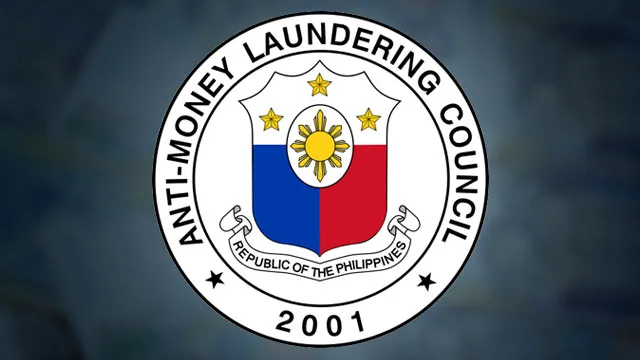
A newly intensifying corruption scandal in the Philippines is drawing in casinos, government officials, and anti-money laundering authorities. Senator Panfilo Lacson has alleged that several former officials of the Department of Public Works and Highways (DPWH) lost around PHP 950 million (≈ US$16.6 million) in casinos across Metro Manila, Cebu, and Pampanga. The suspicion is that these gambling losses are not just losses, but part of a more complex scheme involving money laundering, where ill-gotten funds from anomalous flood control projects are being funneled through casinos to disguise their origin. The Philippine Anti-Money Laundering Council (AMLC) has confirmed that it will probe the casinos mentioned in connection with the case.
The scandal arises amid broader revelations of irregularities in flood control contracts handled by the DPWH. Investigations have uncovered “ghost” or substandard projects, possible monopolization of contracts by certain contractors, and questionable oversight. A number of DPWH officials are under scrutiny, including someone identified as ex-DPWH District Engineer Henry Alcantara, alleged to be linked to a group called the “BGC Boys,” who reportedly distributed cash among assistants to avoid detection. Senate‐led investigations have also implicated lawmakers, with allegations they demanded kickbacks of 10-25% from contractors of flood control works.
The involvement of casinos in the matter raises serious regulatory and legal concerns. Under Philippine law, casinos are “covered persons” in AML (anti-money laundering) regulations, meaning they must: require identity documents for patrons; report large transactions; and retain records of gambling activity for at least five years. If casinos failed to comply, or turned a blind eye to suspicious transactions related to these officials, there could be significant consequences: account freezes, administrative penalties, prosecutions, and deeper reputational damage. The case also stresses the need for stronger oversight of public infrastructure spending, more transparency for government projects, and sharpened AML enforcement in sectors that deal with large cash flows.

 Content Writer: Janice Chew • Friday, 25/09/2025 - 22:44:32 - PM
Content Writer: Janice Chew • Friday, 25/09/2025 - 22:44:32 - PM